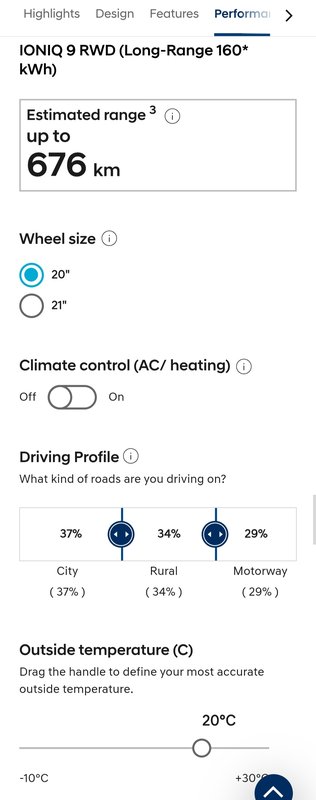Bellow
Hardcore MB Enthusiast
Which has SFA to do with who paid for your battery replacement - which is either subsequent customers or, it was already priced in, one of the reasons EVs carry a high sticker price.Not really... Those who charge their EVs at home pay only 5% VAT on their domestic electricity, ans so effectively their running costs are subsidised by the taxpayer.
If you really want to talk of the tax payer subsidising, lets look at the BIK...



